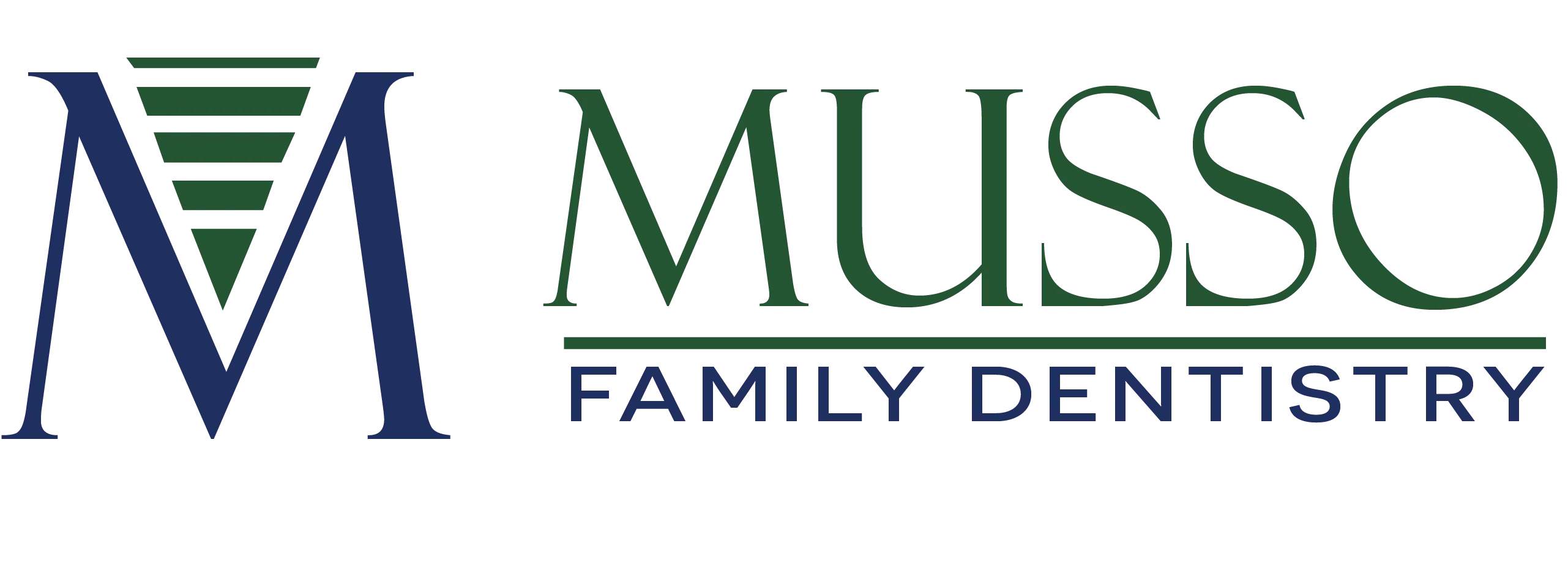Sleep Apnea Therapy
Sleep apnea therapy is a treatment designed to manage sleep apnea, a condition that causes breathing to repeatedly become interrupted during sleep. These pauses, called apneas, can last from a few seconds to a minute and disrupt sleep, leading to reduced oxygen levels in the blood. Obstructive sleep apnea (OSA) is the most common type, caused by the relaxation of throat muscles that block the airway.
The primary treatment for sleep apnea is Continuous Positive Airway Pressure (CPAP) therapy, which uses a machine to deliver a steady airflow through a mask to keep the airway open. Other treatments include oral appliances that reposition the jaw and tongue, surgical options to remove excess tissue or correct structural issues, and lifestyle changes like weight loss and avoiding alcohol or sedatives before bed. Effective therapy is crucial, as untreated sleep apnea can lead to serious health problems such as hypertension, heart disease, stroke, diabetes, and daytime fatigue. Proper treatment improves sleep quality, alertness, and overall health, reducing the risk of related chronic conditions.
The Importance of Sleep Apnea Therapy
Improved Sleep Quality
Sleep apnea disrupts the natural sleep cycle, leading to poor-quality rest and frequent awakenings. Sleep apnea therapy helps to ensure continuous and restful sleep, which is essential for overall well-being.
Enhanced Health
Untreated sleep apnea can increase the risk of severe health conditions such as hypertension, heart disease, stroke, diabetes, and weight gain. Proper management of sleep apnea can mitigate these risks and promote better health. Contact us today to learn more.
Increased Daytime Alertness
Frequent sleep interruptions lead to excessive daytime sleepiness, reduced concentration, and impaired cognitive function. Effective sleep apnea therapy in Garland, TX, helps improve alertness, productivity, and overall mental performance.
Improved Quality of Life
Therapy reduces sleep apnea symptoms, enhancing mood, reducing irritability, and improving relationships. Better sleep and health contribute to a higher quality of life.
Types of Sleep Apnea Therapy
Continuous Positive Airway Pressure (CPAP) Therapy
Continuous Positive Airway Pressure (CPAP) therapy is widely recognized as the primary treatment for obstructive sleep apnea (OSA). This therapy involves a CPAP machine, which delivers a continuous air stream through a mask worn over the nose and mouth. The air pressure keeps the upper airway open, preventing the interruptions in breathing that characterize sleep apnea.
CPAP therapy is highly effective in reducing the number of apneas and hypopneas, improving sleep quality, and lowering the risk of associated health complications like hypertension and heart disease. While it is considered the gold standard for sleep apnea treatment, patients may need time to adapt to wearing the mask and may initially experience discomfort. Consistent use is essential for achieving optimal results.
Benefits:
- CPAP effectively eliminates apneas and hypopneas, leading to improved sleep quality.
- Preventing sleep disruptions reduces the risk of related health issues such as hypertension, cardiovascular disease, and stroke.
- Users experience better concentration, reduced daytime sleepiness, and improved cognitive function.
Oral Appliances
Oral appliances, also known as dental or mandibular advancement devices, are a non-invasive treatment option for obstructive sleep apnea. These devices are custom-fitted by our dentist in Garland, TX, who specializes in sleep medicine, and work by repositioning the lower jaw and tongue to keep the airway open.
Oral appliances are ideal for individuals with mild to moderate sleep apnea or those who cannot tolerate CPAP therapy. They are less noticeable and more portable than CPAP machines, making them a convenient option for many patients. However, they may be less effective for severe cases of sleep apnea, and regular follow-ups are necessary to ensure proper fit and effectiveness.
Benefits:
- Oral appliances are less noticeable and more convenient than CPAP machines and are suitable for mild to moderate obstructive sleep apnea.
- They are easier to use and more comfortable for some patients, increasing the likelihood of consistent use.
- Oral sleep apnea appliances provide a viable alternative for those who cannot tolerate CPAP.
Lifestyle Changes
Lifestyle modifications can play a significant role in managing sleep apnea, mainly when used in conjunction with other therapies. Key changes include weight loss, as excess weight can exacerbate sleep apnea by increasing fat deposits around the neck and throat. Regular physical exercise helps improve overall health and may alleviate some symptoms.
Avoiding alcohol and sedatives is also essential, as these substances can relax the throat muscles and worsen sleep apnea. Sleeping on your side rather than your back can also help prevent the airway from collapsing. While lifestyle changes alone may not be sufficient for severe sleep apnea, they can enhance the effectiveness of other treatments and contribute to overall health improvements.
Benefits:
- Weight loss and exercise can significantly alleviate sleep apnea symptoms and improve overall health.
- Lifestyle changes can complement and enhance the effectiveness of other sleep apnea treatments.
- Lifestyle changes contribute to better sleep quality, increased energy levels, and reduced health risks.
Surgical Options
Surgical interventions are considered when other treatments are ineffective or unsuitable. Several surgical options are available, depending on the patient's specific anatomical issues and the severity of the sleep apnea. Uvulopalatopharyngoplasty (UPPP) involves removing excess tissue from the throat, such as the uvula and part of the soft palate, to widen the airway. Other surgical options include jaw repositioning, which realigns the jaw to improve airway patency, and nasal surgeries to correct structural obstructions.
While surgery can be a viable option for some patients, it involves recovery time and potential risks, making it less commonly used as a first-line treatment. Surgical interventions are typically considered after non-surgical treatments have been explored.
Benefits:
- Surgical interventions provide a permanent fix for patients who do not respond to non-surgical treatments.
- They can effectively widen the airway and eliminate blockages, reducing or eliminating the need for CPAP or other therapies.
- Surgical options can be tailored to address specific anatomical issues contributing to sleep apnea.
Sleep apnea therapy is crucial for managing this condition and improving overall health. If you suspect you have sleep apnea, visit Musso Family Dentistry at 513 W. Centerville Rd, Garland, TX 75041, or call (972) 840-8477 to explore the best treatment options.
Braces
Clear Aligners
Botox
Cosmetic Dentistry
Dental Implants
Dental Veneers
Dental Technology
Chairside Monitors
Cone Beam CT Imaging
Intraoral Cameras
iTero® Intraoral Scanner
Panorex X-Rays
Your First Visit
Dental Cleanings and Exams
General and Family Dentistry
Wax-Up Tooth Models
Night Guards
Tooth-Colored Dental Fillings
Dentures and Partials
Dental Crowns
Dental Bridges
Restorative Dentistry
Orthodontics
Root Canal Therapy
Periodontal Therapy
Oral and Systemic Health
Pediatric Dentistry
Snoring Therapy
TMJ Therapy
Sedation Dentistry
Products
Digital X-Rays
Tooth Extractions
Smile Makeover
Teeth Whitening
Tooth Contouring
Dental Bonding
Visit Our Office
Office Hours
- MON7:00 am - 4:30 pm
- TUE7:00 am - 4:30 pm
- WED7:00 am - 4:30 pm
- THU7:00 am - 4:30 pm
- FRIClosed
- SATClosed
- SUNClosed

